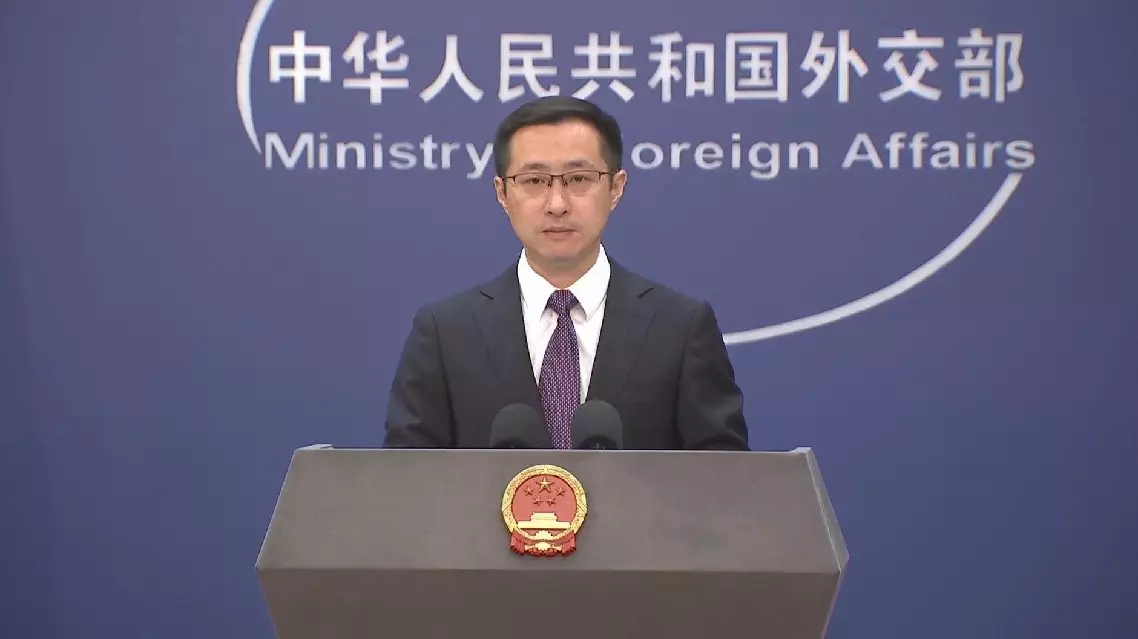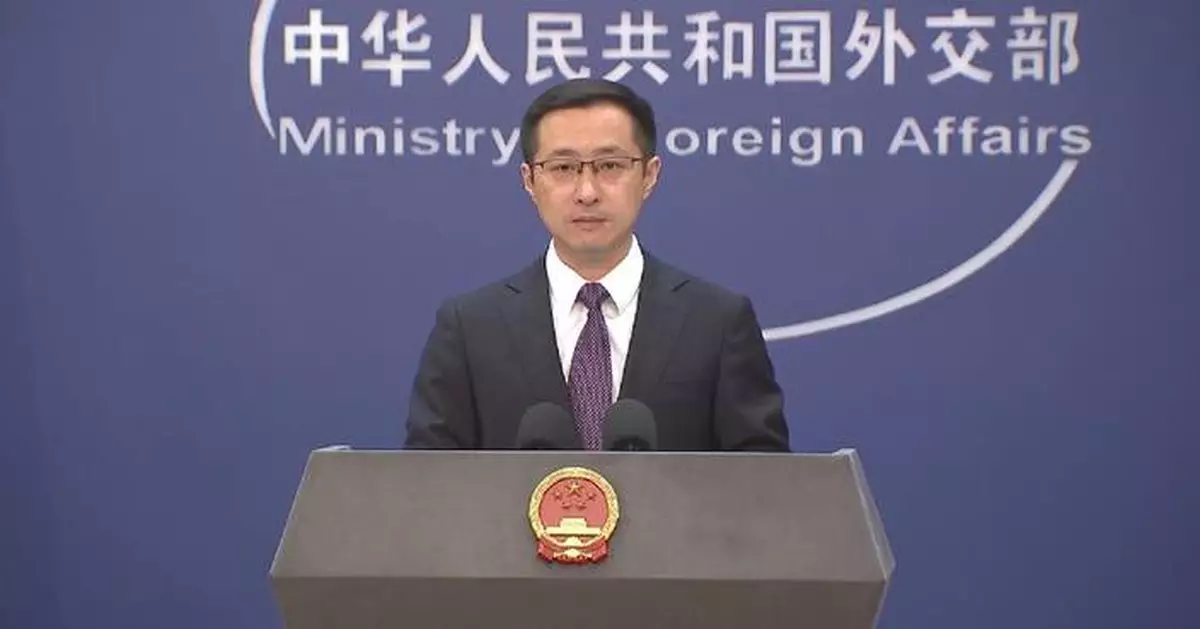China has full confidence in the prospects of the bilateral relations with Tajikistan, Foreign Ministry spokesman Lin Jian said on Monday.
Lin made the comments at a press briefing in Beijing in response to a media query about the outcome of Chinese President Xi Jinping's state visit to Tajikistan.
"At the invitation of President Emomali Rahmon of the Republic of Tajikistan, President Xi Jinping paid a state visit to Tajikistan from July 4 to 6. This is his third visit to Tajikistan and the first visit by China's top leader to Tajikistan after the 20th Communist Party of China (CPC) National Congress, and carries historic significance. Tajikistan placed high importance on this visit. President Rahmon went to the airport to greet and see off President Xi. President Xi attended the welcoming ceremony held by President Rahmon. The two presidents held small-group and large-group talks, and had an in-depth exchange of views on China-Tajikistan relations, mutually beneficial cooperation in various fields, and international and regional affairs of mutual interest. President Xi conferred the Friendship Medal on President Rahmon. The two presidents attended the signing ceremony, met the press together, and attended the completion ceremony of the Tajik parliament building and government building that China helped build. President Xi also attended the welcoming banquet hosted by President Rahmon, and the two presidents had a good chat over tea," said Lin.
"The two presidents signed the joint statement between the People's Republic of China and the Republic of Tajikistan on developing a comprehensive strategic cooperative partnership in the new era, announcing the decision to develop the China-Tajikistan comprehensive strategic cooperative partnership in the new era, and agreeing to build a China-Tajikistan community with a shared future featuring everlasting friendship, solidarity and mutual benefit at a higher level. Relevant departments of the two countries signed over 20 cooperation documents in areas such as trade, connectivity, critical mineral, security and people-to-people and cultural exchange," the spokesman continued.
"The two sides agreed to focus on high-quality Belt and Road cooperation, fully synergize development strategies, accelerate the progress of major cooperation projects, such as the upgrade of the key section of the China-Tajikistan Highway Phase II project, deepen mineral cooperation, and contribute to each other's modernization. The two sides stand ready to step up people-to-people and cultural exchange and cooperation in various fields, and cement the social foundation of our everlasting friendship. The two countries will make full use of the Sino-Tajik Center for Traditional Chinese Medicine, the Luban Workshop and other platforms, accelerate the mutual establishment of cultural centers, and support more youth exchanges, women exchanges, and exchanges in such areas as media, think tank and education. The two sides are resolved to step up security cooperation, including jointly fighting terrorist, extremist and separatist forces such as ETIM, keeping the China-Tajikistan border secure, resolutely opposing interference of any third party in the two countries' internal affairs, and keeping our region safe and stable. The two sides will continue to strengthen communication and coordination on the Afghan issue, and cooperate under relevant mechanisms. The two sides speak highly of the outcomes of China-Central Asia cooperation, and stand ready to strengthen the China-Central Asia mechanism. Having taken over the rotating presidency of the Shanghai Cooperation Organization (SCO), China will host the SCO summit next year and welcomes President Rahmon to attend the summit in China. We will work with Tajikistan to carry forward the vision of building a community with a shared future for mankind, the Global Development Initiative, the Global Security Initiative, and the Global Civilization Initiative, and contribute to global peace and development together," Lin noted.
"President Xi's visit had a rich program and produced fruitful results. It marked yet another milestone in the history of China-Tajikistan relations. We have full confidence in the prospects of our bilateral relations. China will remain firmly committed to our mutually beneficial cooperation with Tajikistan. No matter how the international landscape may evolve, China will always be Tajikistan's trustworthy friend, reliable partner, and close brother," said the spokesman.

China fully confident in future ties with Tajikistan: spokesman










